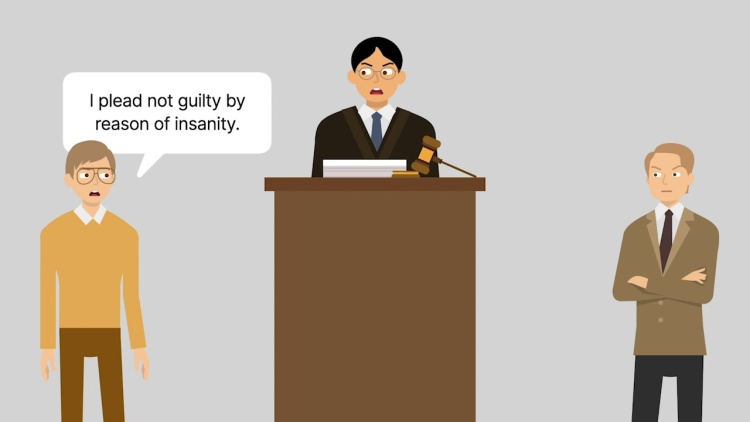Jones v. United States
United States Supreme Court
463 U.S. 354, 103 S. Ct. 3043 (1983)
- Written by Caroline Milne, JD
Facts
Jones (defendant) was charged with attempted petit larceny after trying to steal a jacket from a department store in Washington, DC. The maximum prison sentence for attempted petit larceny was one year. Before trial, the trial court ordered Jones to undergo a competency determination, which concluded that Jones was competent to stand trial but suffered from paranoid schizophrenia. The court also concluded that Jones’s crime was a product of his mental illness. Jones pleaded not guilty by reason of insanity (NGBRI). The trial court, under the preponderance-of-the-evidence standard, found Jones NGBRI and committed Jones to a hospital for the mentally ill. A release hearing was held in February 1977, by which time Jones had been committed for more than a year—the maximum amount of time Jones could have spent in prison if he had been convicted. Jones demanded unconditional release or to be recommitted under the standards for civil commitment, which require proof of dangerousness by clear and convincing evidence. The court denied Jones’s request and recommitted Jones to the mental hospital. The District of Columbia Court of Appeals affirmed. Jones petitioned the United States Supreme Court for certiorari.
Rule of Law
Issue
Holding and Reasoning (Powell, J.)
Dissent (Brennan, J.)
Dissent (Stevens, J.)
What to do next…
Here's why 907,000 law students have relied on our case briefs:
- Written by law professors and practitioners, not other law students. 47,100 briefs, keyed to 996 casebooks. Top-notch customer support.
- The right amount of information, includes the facts, issues, rule of law, holding and reasoning, and any concurrences and dissents.
- Access in your classes, works on your mobile and tablet. Massive library of related video lessons and high quality multiple-choice questions.
- Easy to use, uniform format for every case brief. Written in plain English, not in legalese. Our briefs summarize and simplify; they don’t just repeat the court’s language.





